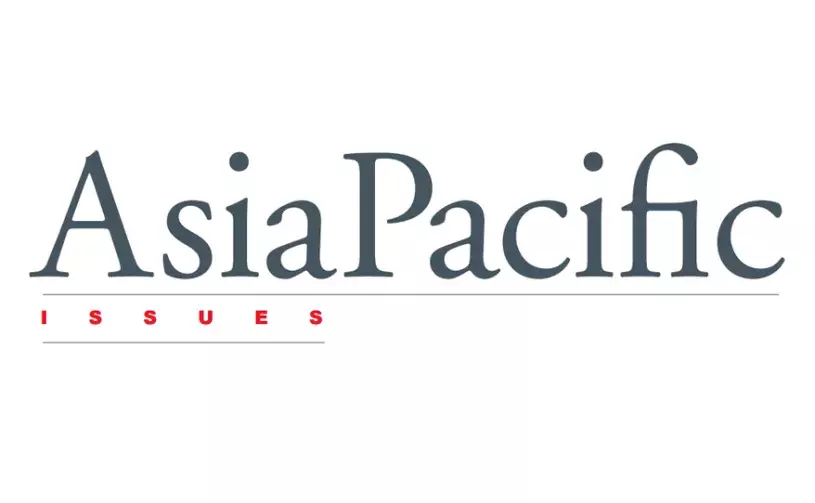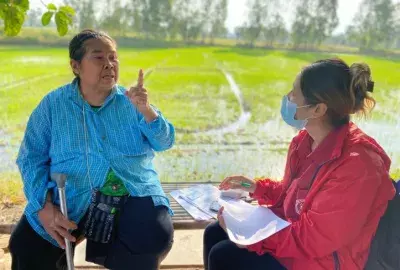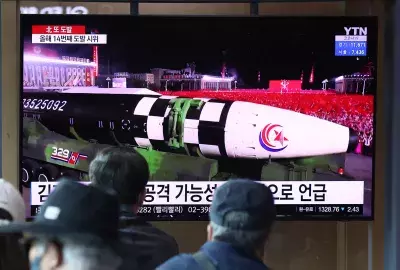
Concerns about energy security affect economic performance and political stability all over the world, but nowhere are these issues more critical than in Asia and the Pacific. Oil is at the heart of the region's energy challenge. Oil consumption is increasing nearly twice as fast in the region as in the world as a whole, while options for increasing production are severely limited. The result is a steadily growing dependence on imported oil, largely from the volatile Middle East. Apart from efforts to increase domestic production and slow consumption growth, recommendations for policymakers include initiating joint ventures with oil producers, improving the efficiency of domestic markets, building up strategic stocks, strengthening regional cooperation, reducing transportation bottlenecks, and establishing a regional market for oil futures. In the long run, policymakers need to devise new strategies for economic growth based on more efficient use of oil and natural gas, continuing dependence on coal, and ultimately, the development of alternative sources of energy.
This paper is updated and adapted from the East-West Center book, Asia's Energy Future: Regional Dynamics and Global Implications, edited by Kang Wu and Fereidun Fesharaki with assistance by Sidney B. Westley (Honolulu: East-West Center, 2007).
Concerns about energy security affect economic performance and political stability all over the world, but nowhere are these issues more critical than in Asia and the Pacific. Oil is at the heart of the region's energy challenge. Oil consumption is increasing nearly twice as fast in the region as in the world as a whole, while options for increasing production are severely limited. The result is a steadily growing dependence on imported oil, largely from the volatile Middle East. Apart from efforts to increase domestic production and slow consumption growth, recommendations for policymakers include initiating joint ventures with oil producers, improving the efficiency of domestic markets, building up strategic stocks, strengthening regional cooperation, reducing transportation bottlenecks, and establishing a regional market for oil futures. In the long run, policymakers need to devise new strategies for economic growth based on more efficient use of oil and natural gas, continuing dependence on coal, and ultimately, the development of alternative sources of energy.
This paper is updated and adapted from the East-West Center book, Asia's Energy Future: Regional Dynamics and Global Implications, edited by Kang Wu and Fereidun Fesharaki with assistance by Sidney B. Westley (Honolulu: East-West Center, 2007).







